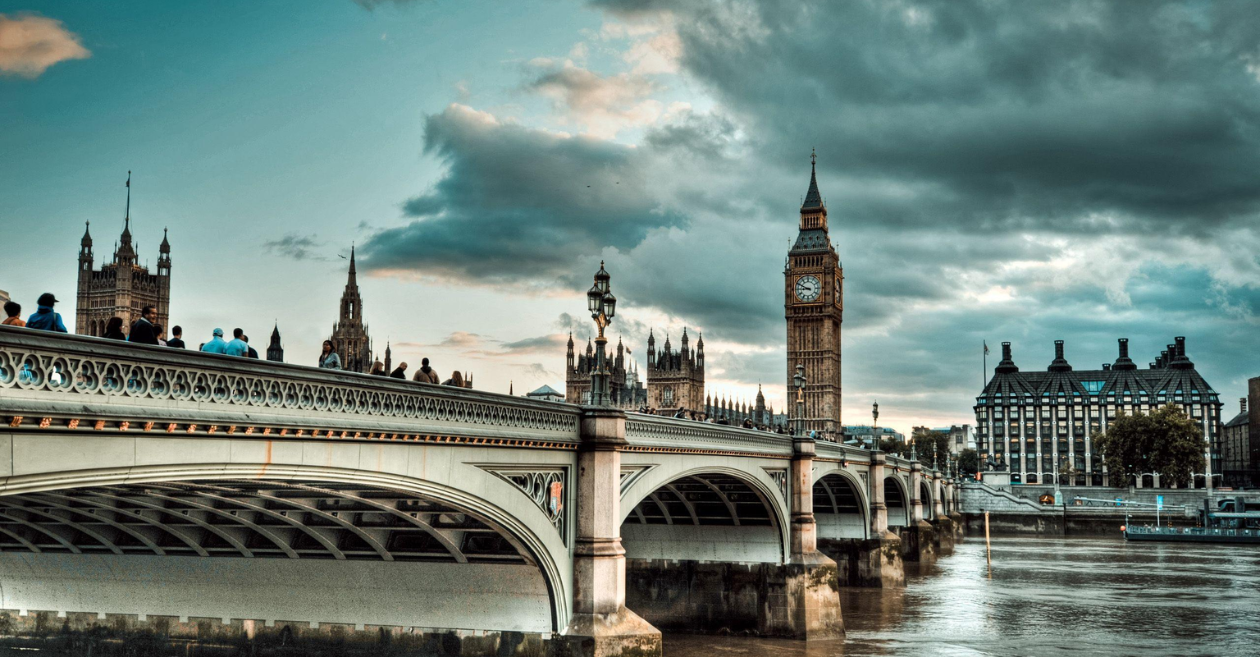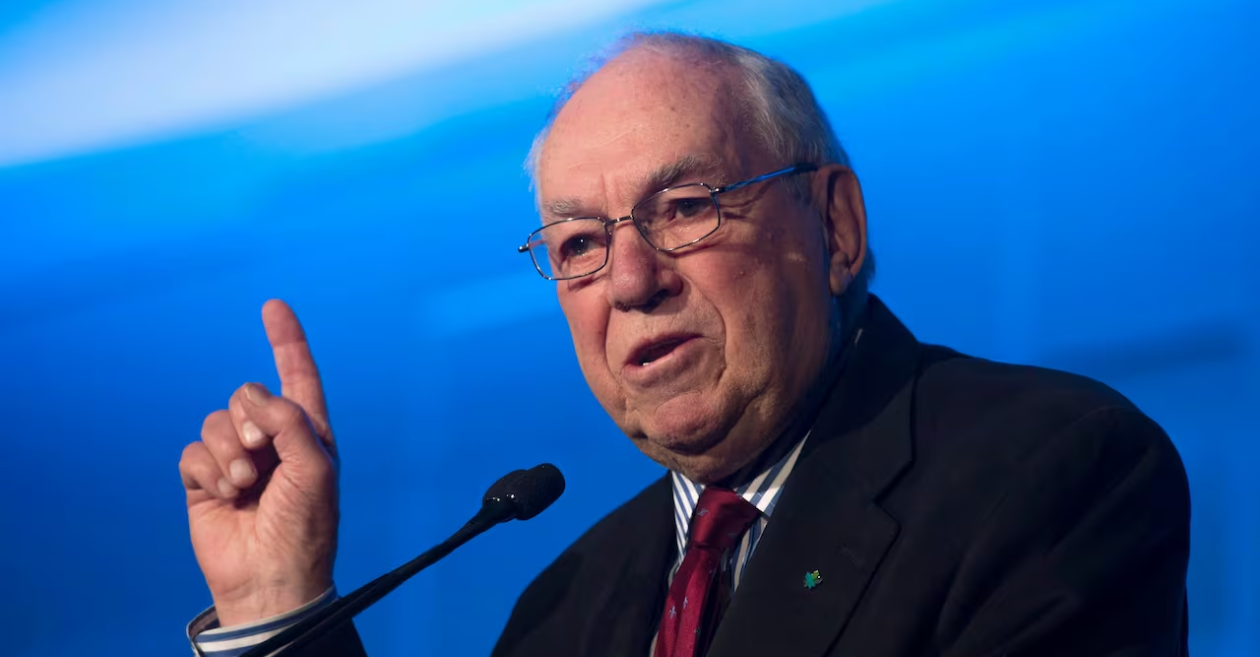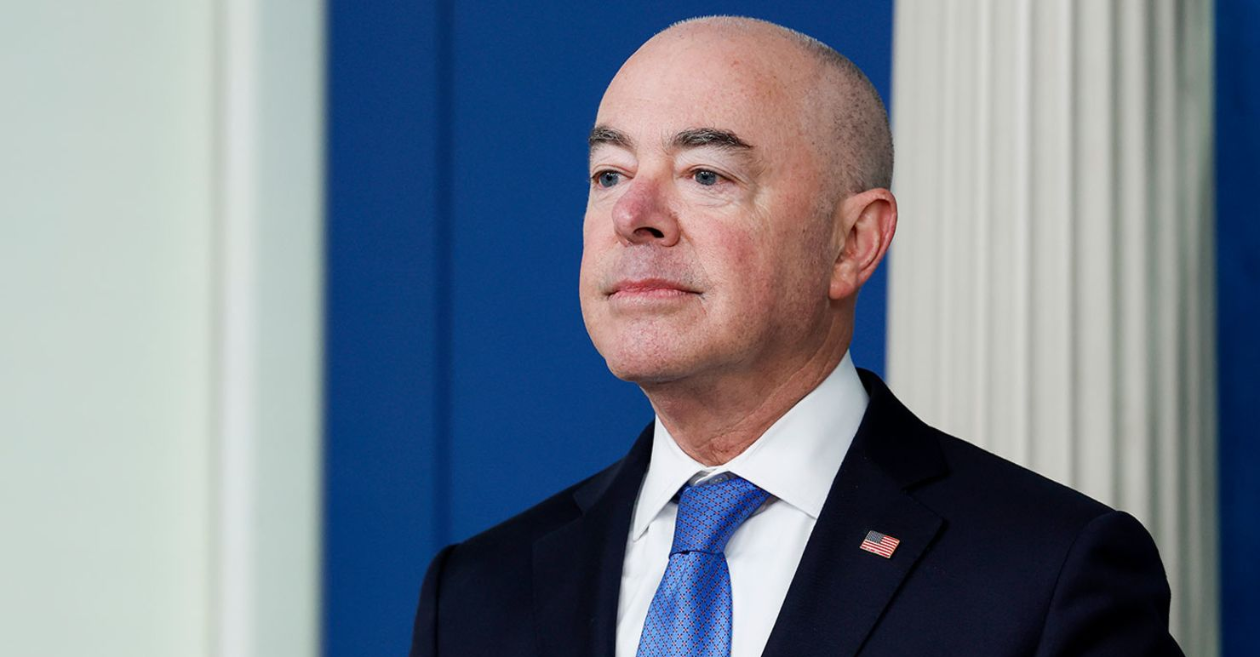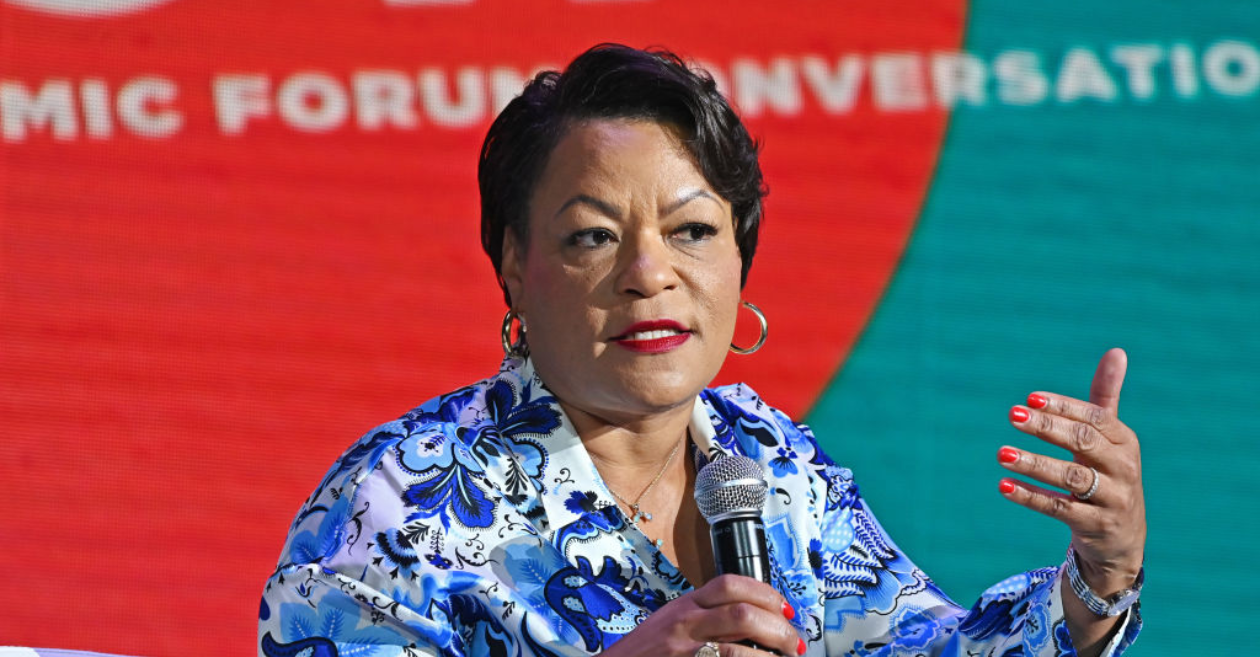


In the vibrant tapestry of UK politics, seven major political parties play key roles in shaping the nation's policies and governance. Let's take a closer look at these influential parties and understand their distinctive features, ideologies, and contributions to the political landscape.
People Also Read: Camila Batmanghelidjh Biography
Political Parties in the UK
| S.No | Political Parties |
| 1 | Conservative Party |
| 2 | Labour Party |
| 3 | Liberal Democrats |
| 4 | Scottish National Party (SNP) |
| 5 | Green Party |
| 6 | Plaid Cymru |
| 7 | Democratic Unionist Party (DUP) |
The Conservative Party, often associated with traditional values, advocates for free-market policies, individual liberties, and a strong national defense.
Prime Minister Boris Johnson, known for his charismatic leadership, currently leads the Conservatives.
With roots dating back to the late 17th century, the Conservative Party has been a significant force in British politics for centuries.
The Labour Party is synonymous with social democracy and represents the interests of the working class. Policies focus on social justice, public services, and workers' rights.
Sir Keir Starmer is the current leader, steering the party towards a balance between progressivism and economic responsibility.
Established in 1900, the Labour Party has a rich history of advocating for social and economic reforms.
Positioned in the center of the political spectrum, the Liberal Democrats champion civil liberties, social justice, and environmental sustainability.
Ed Davey leads the Liberal Democrats, emphasizing collaboration and compromise for effective governance.
The party formed in 1988 through a merger of the Liberal Party and the Social Democratic Party.
The SNP is dedicated to advocating for Scottish independence, placing a strong emphasis on Scottish representation in the UK Parliament.
Nicola Sturgeon, as the First Minister of Scotland, leads both the SNP and the devolved Scottish Government.
The SNP gained prominence through its pursuit of a second independence referendum.
The Green Party focuses on environmental sustainability, social justice, and anti-austerity policies.
The party adopts a unique co-leadership model, currently led by Jonathan Bartley and Siân Berry.
Originating from the ecological movement of the 1970s, the Green Party has evolved into a global force for environmental advocacy.
Plaid Cymru is dedicated to Welsh nationalism, advocating for the interests of Wales in the UK Parliament.
Adam Price leads the party, emphasizing the importance of Welsh culture, language, and self-governance.
Established in 1925, Plaid Cymru has been a steadfast advocate for Welsh autonomy.
The DUP is a unionist party that aims to maintain Northern Ireland's position within the United Kingdom.
Jeffrey Donaldson is the current leader, navigating the party through challenges related to Brexit and political instability.
Formed in 1971, the DUP has been a significant player in Northern Irish politics.
Navigating the diverse political landscape of the UK requires an understanding of the key players and their distinct ideologies. From the longstanding Conservative Party to the progressive Green Party, each political entity contributes to the democratic process, shaping the nation's policies and future. As citizens, it is crucial to stay informed and engaged in the political discourse to ensure a thriving and inclusive democracy.
The Conservative Party is known for championing traditional values and advocating for free-market policies.
Sir Keir Starmer leads the Labour Party, which focuses on social justice, public services, and workers' rights.
Positioned as centrists, the Liberal Democrats champion civil liberties, social justice, and environmental sustainability.
The Scottish National Party (SNP) advocates for Scottish independence and increased Scottish representation in the UK Parliament.
The Green Party is co-led by Jonathan Bartley and Siân Berry, emphasizing environmental sustainability, social justice, and anti-austerity policies.

In politics, some names shine bright

In the big picture of American leader

LaToya Cantrell shines brightly in th

Ever heard of Dexter King and wondere

In the complex world of Israeli polit

In the wide world of legal experts, t
Trash to treasure: How Google thinks
Spring Fashion Show at the University
Matter of Impact: April updates from
Android Enterprise security delivers
We are not gonna make spamming
Copyright By@TheWebTrends - 2023
BACK TO TOP